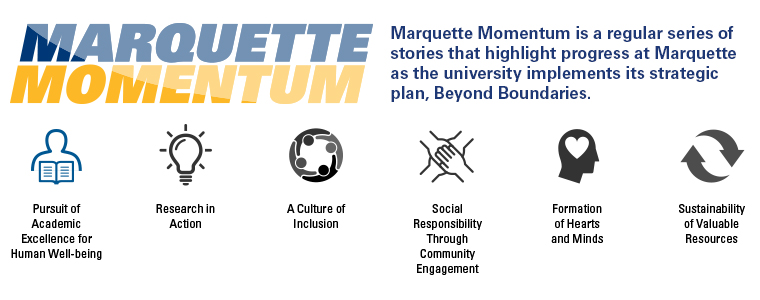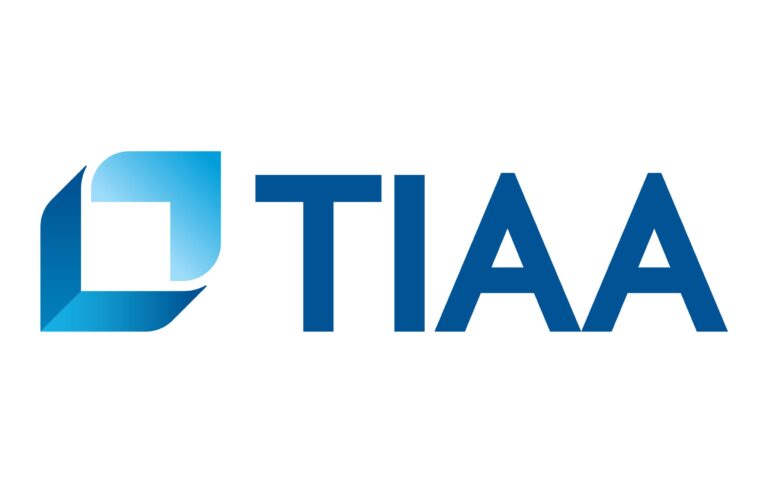
By Shelby Williamson, senior communication specialist in the Office of Marketing and Communication
Summer is a time for adventures — and Summer Studies at Marquette University provides students the opportunity to explore interests they might not be able to delve into during traditional semesters.
Taking courses over summer is also a great way for students to catch up on credits or get ahead, says David Schejbal, chief of digital learning.
To help students plan better, Summer Studies registration is opening one month earlier than usual. Registration opens on Tuesday, Feb. 18.
“Setting up classes earlier gives students more time to plan their summer schedules,” Schejbal says. “We know many students go home or work part time. So, the sooner students can evaluate their time and needs, the better.”
More than 600 courses and sections are being offered online and on campus across all disciplines — except for the Opus College of Engineering, which typically requires its students take part in internships or practicums over summer.
“Between arts and sciences departments, the College of Communication, and a wide selection of business classes, there is a large portfolio of classes for students to choose from,” Schejbal says.
Summer Studies classes are taught in an accelerated format. Students complete courses covering an entire semester’s worth of material in just six weeks. For perspective, Schejbal says students who take two six-week courses can complete an entire year’s worth of a discipline over summer.
Taking just a couple of courses also allows students to focus on a one or two subjects rather than dividing attention across multiple disciplines like during the regular academic year. Though, it is important to note, Schejbal says, accelerated classes typically entail a higher level of time management. Students need to set realistic expectations and be responsible learners.
Summer Studies classes take place online and on campus.
Online classes, Schejbal says, give students the flexibility to work from wherever they may be and study at times that work for them. On-campus classes are wonderful ways for students to engage more directly with faculty or to focus on hands-on lab work.
“The campus over the summer is quiet and calm. It’s a good atmosphere,” Schejbal says. “Students are engaged and get to work with faculty one-on-one. And the faculty, who seek to teach over the summer, have more time to devote to students.”
Perhaps one of the biggest benefits of taking summer classes through Marquette, Schejbal says, is students do not have to worry about transferring credits or whether their work will count toward their programs. A Marquette summer class counts the same as a class taken in fall or spring at Marquette. The credits are the same and they appear the same way on transcripts.
Some students, he adds, consider taking courses at a community college down the street from their home over summer. The problem some students encounter is that credits from other schools don’t always transfer to Marquette. It is safest for students to take classes through the school from which they are getting their degree.
“Here, you know what you’re getting and what you’re working toward. You know that you will have great faculty and you will continue to get the Marquette learning experience” Schejbal says.
Summer Studies classes are offered at a reduced rate — $750 per credit.
While Schejbal says he doesn’t know what to expect as far as Summer Studies enrollment, the success of this year’s J-Session might be indicative of overall trends like online and year-round learning.
Final figures show J-Session enrollment was up 70% from 2019. The demand for J-Session is another reason Summer Studies registration is opening earlier this year. Students interested in summer classes are advised to register early.
“We’re really trying to give students as many opportunities as possible,” Schejbal says. “That means offering classes during different times and in different ways. Summer Studies is the perfect example of meeting the various learning needs of students.”



